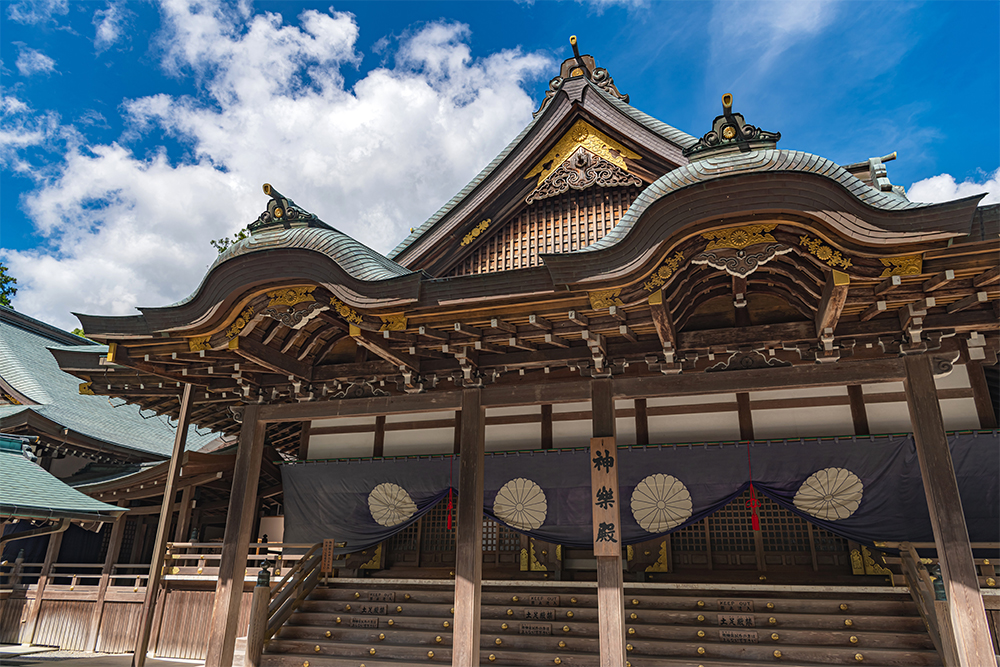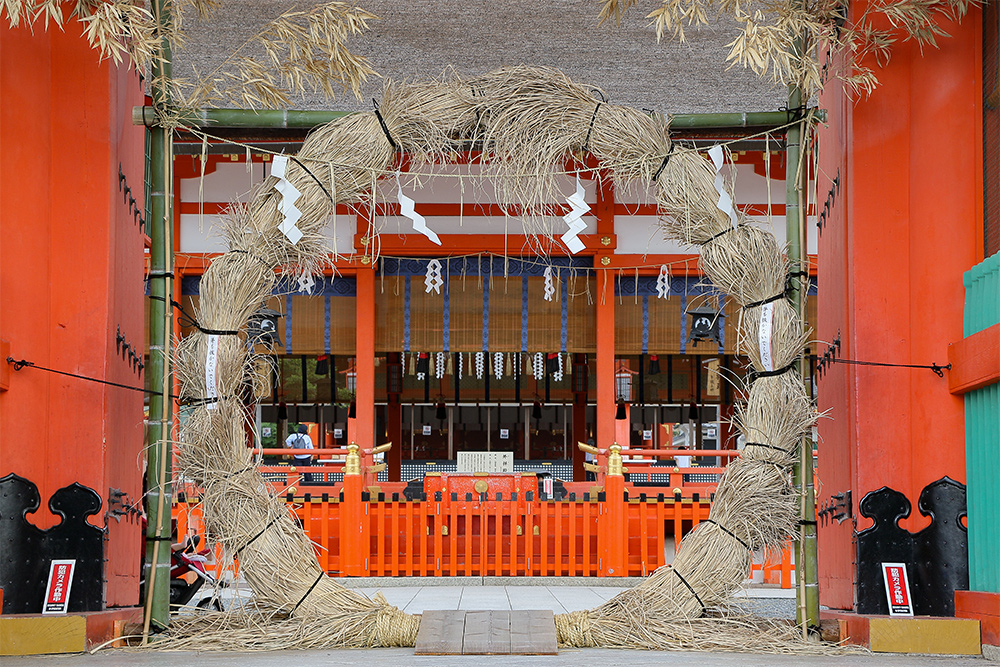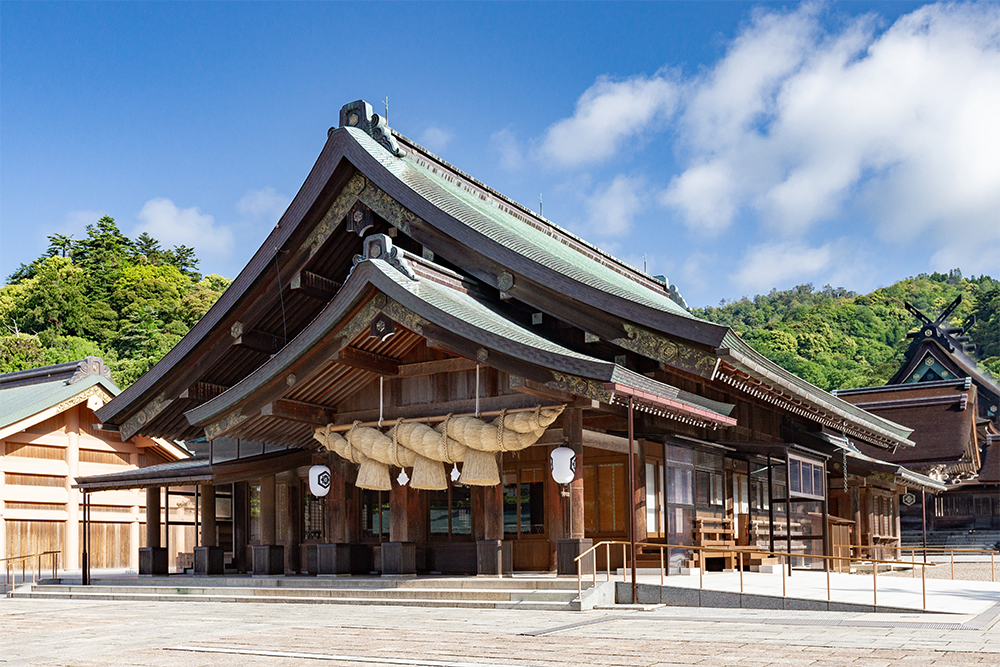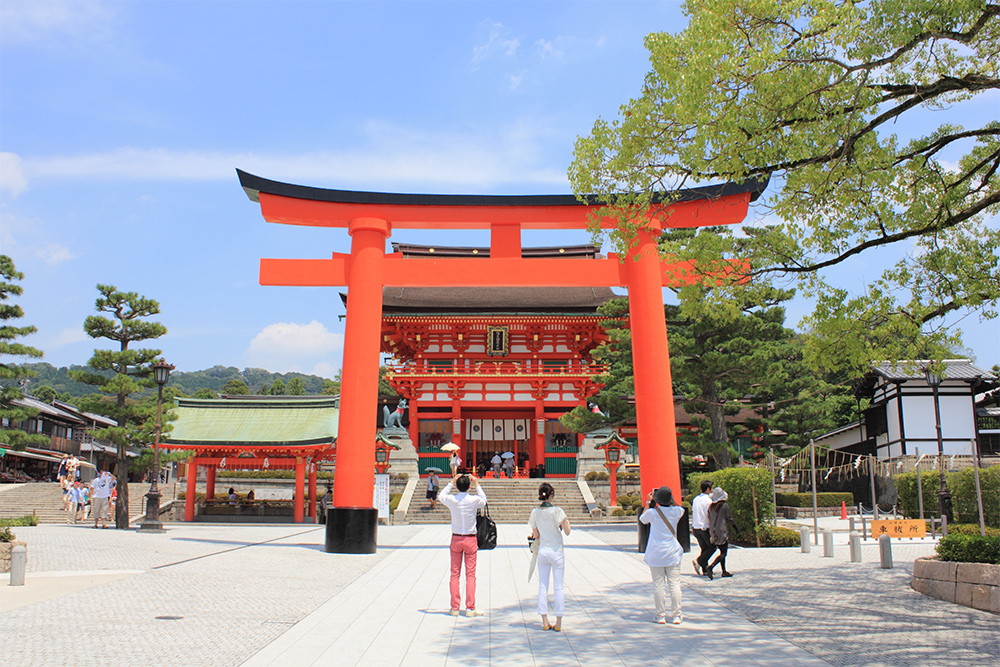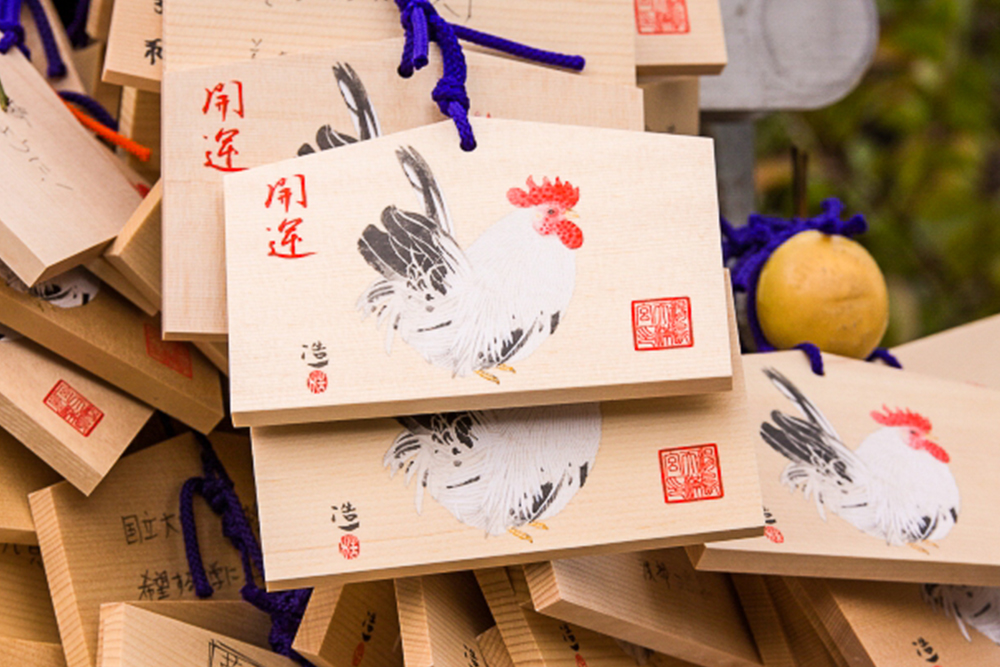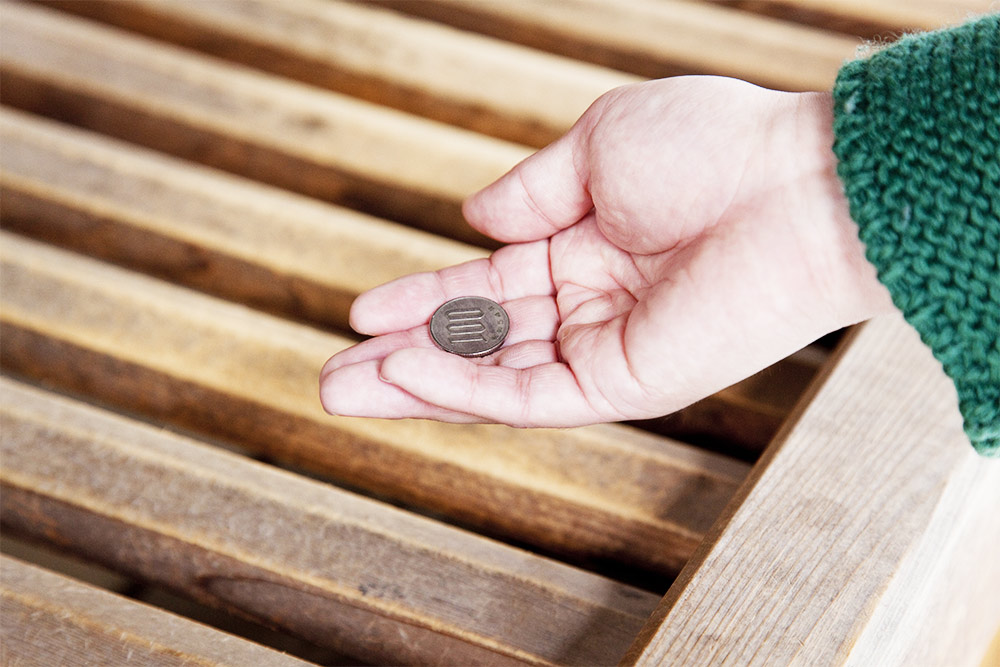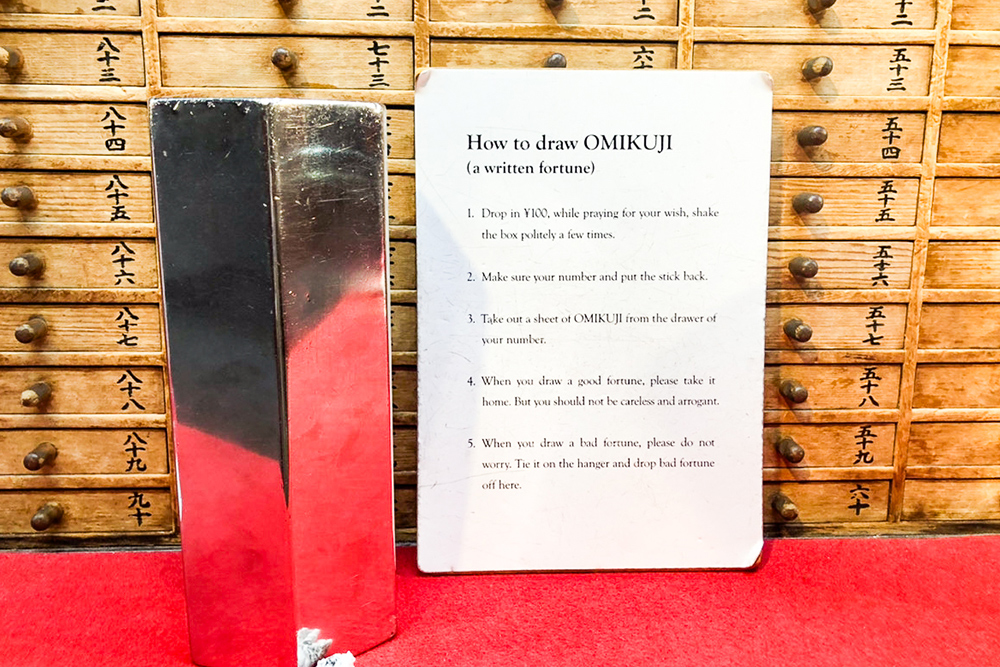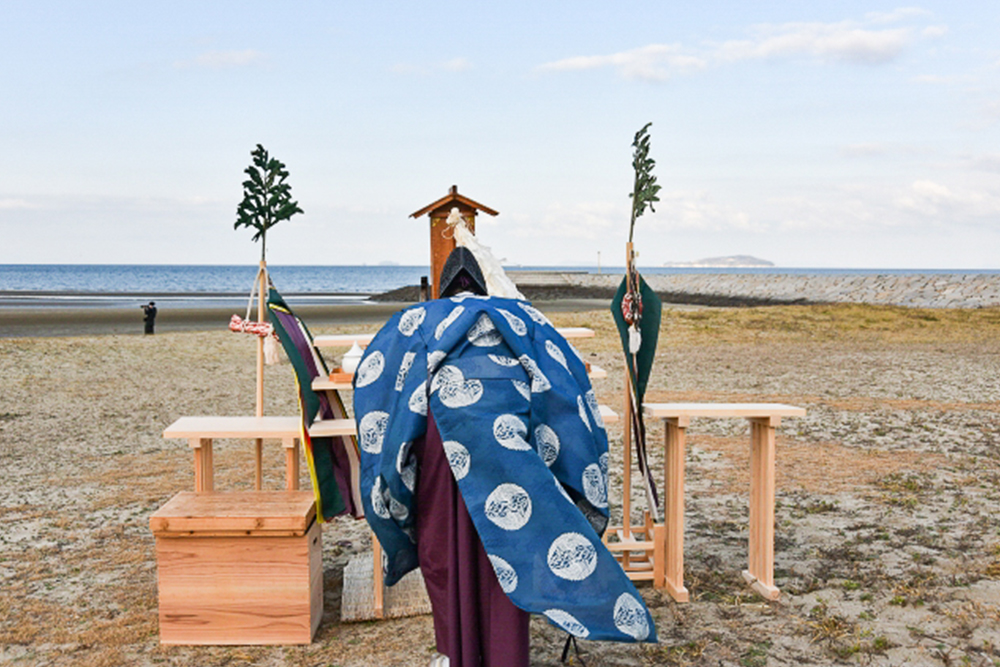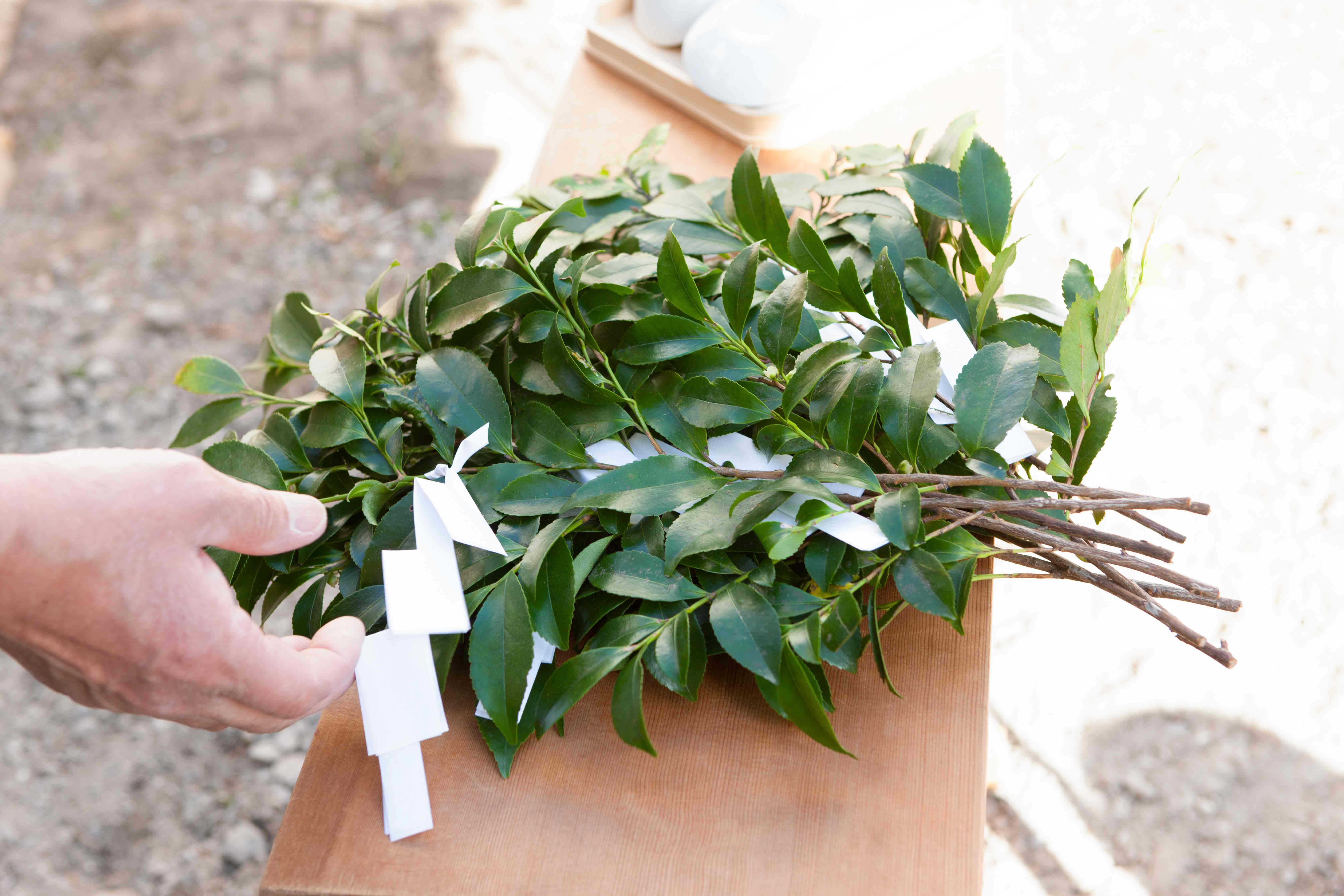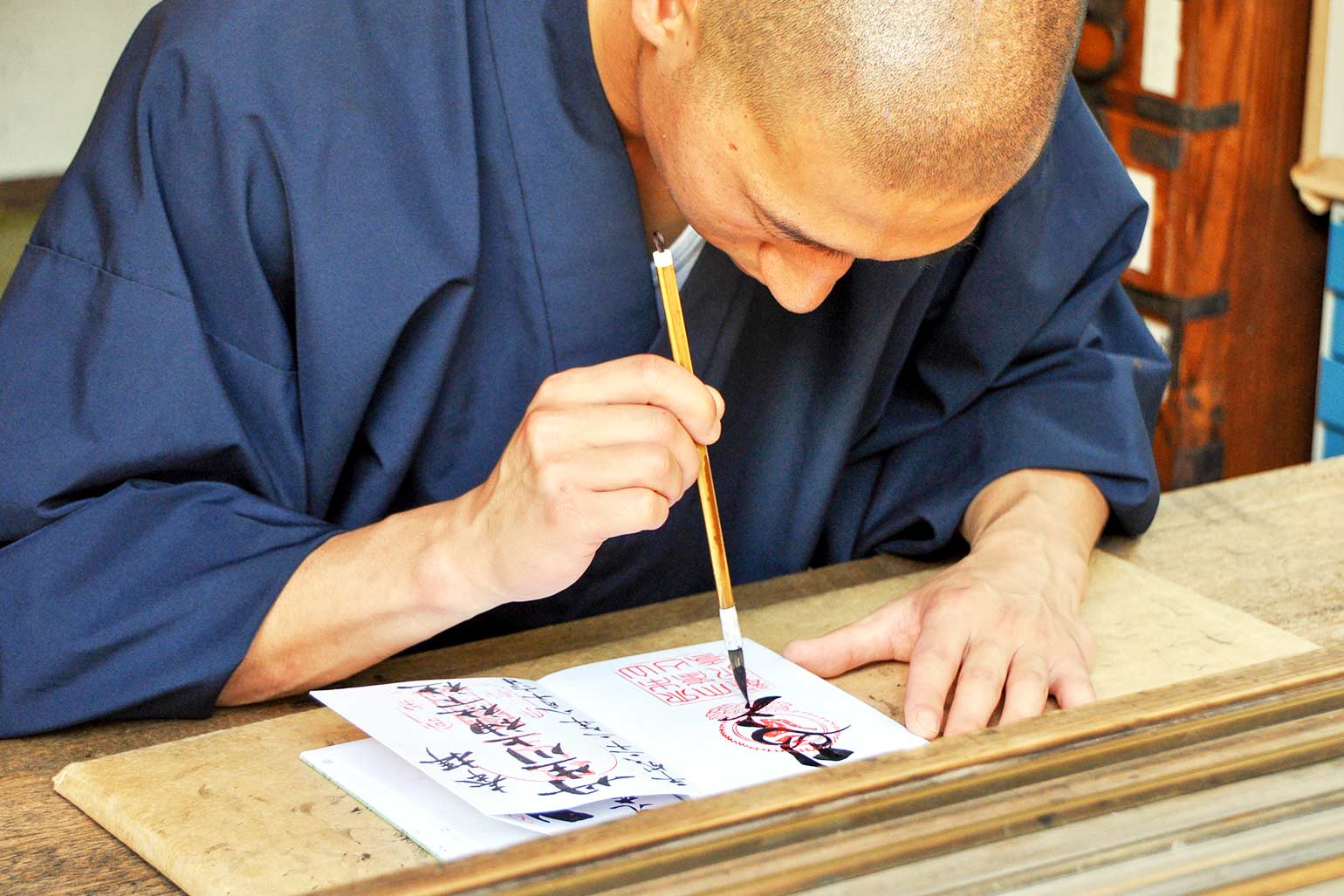In Japan, there is a belief that “All the deities(gods)” or “All things have a spirit”. It is said that there are “eight million (Yaoyorozu) gods”. The belief is called “Shinto”, and it’s a faith unique to Japan. Although the exact meaning of the word “faith” may be a little different… It would be clearer if we call it a kind of “Nature worship”. The buildings (O-Yashiro) that enshrine these deities or gods are called “Shrines”. It is probably one of the most ancient “Japanese cultures”.
In this section, we would like to show various things about “Shrines”.
Jinjya shrine
The belief in “Japanese Shinto” is based on the thought of “Nature worship”, which says that gods dwell in all of nature and all events, and even in things created…
Differences in called
Some shrines are not named “○○ Jinjya”, but are named “△△ Taisha”, “□□ Jingu”, or “×× Miya”. You can see named “●● Sha” too. Why do they have different …
Power spots
Due to the sacred power of the gods, “shrines” are believed to be places where luck can be given and bad luck can be cleansed. We are called “Power …
Torii
When you hear the word “shrine,” the first image that comes to your mind is probably the “torii” gate. It is probably the same for us Japanese. It’s one of the icons …
Prayer’s Items
People who visit a shrine pray for various things. In this section, we would like to introduce the items used for such prayers. We have already introduced the “O-Mamori …
Worship
In this section, we would like to explain the proper manners when visiting a “shrine”. A shrine, where the “sacred object” is enshrined, is like the house of the gods …
O-Saisen
When you visit a shrine, you put money in a special box. This box is called a “Saisen-box”. And the money that is put into the “Saisen-box” is called “O-Saisen” …
Fortune slips
In Japan, it is called “Omikuji”. It is generally considered to be a fortune telling tool to predict one’s fortune, good or bad, for the coming year, or one’s …
Norito
During the Shinto rituals at a shrine, a statement (or lyric, speech) is presented to the enshrined gods in praise of their divine virtue and to express …
O-Harai (Harae)
At shrines or somewhere, have you ever seen the ritual events of a Shinto priest waving a stick with some kind of wispy paper bundle? The ritual events …
Goshuin stamp
There is a “oshirushi-seal” that is given to visitors to a shrine or temple as proof that they have prayed at them. It is a red ink stamp seal that is …



